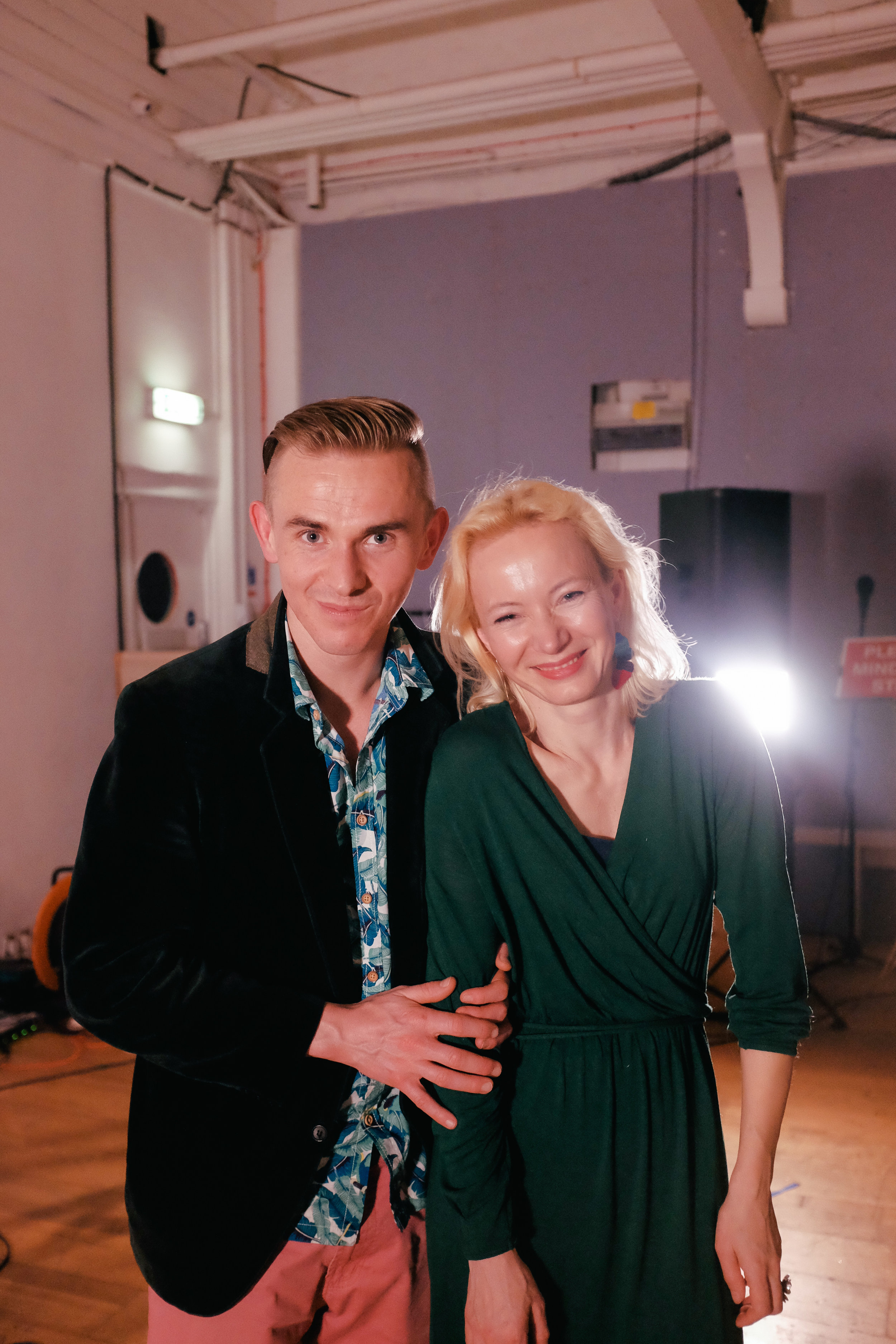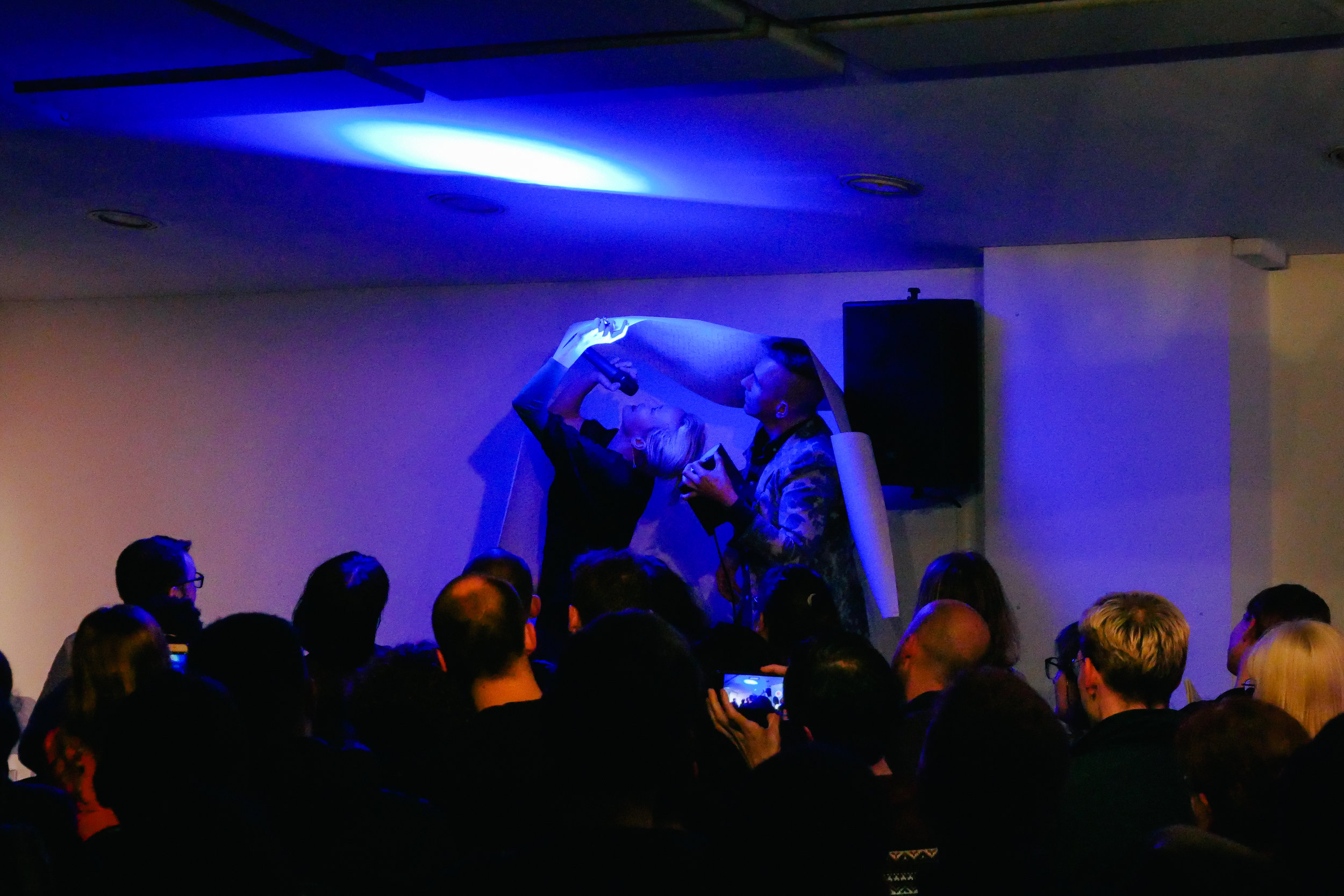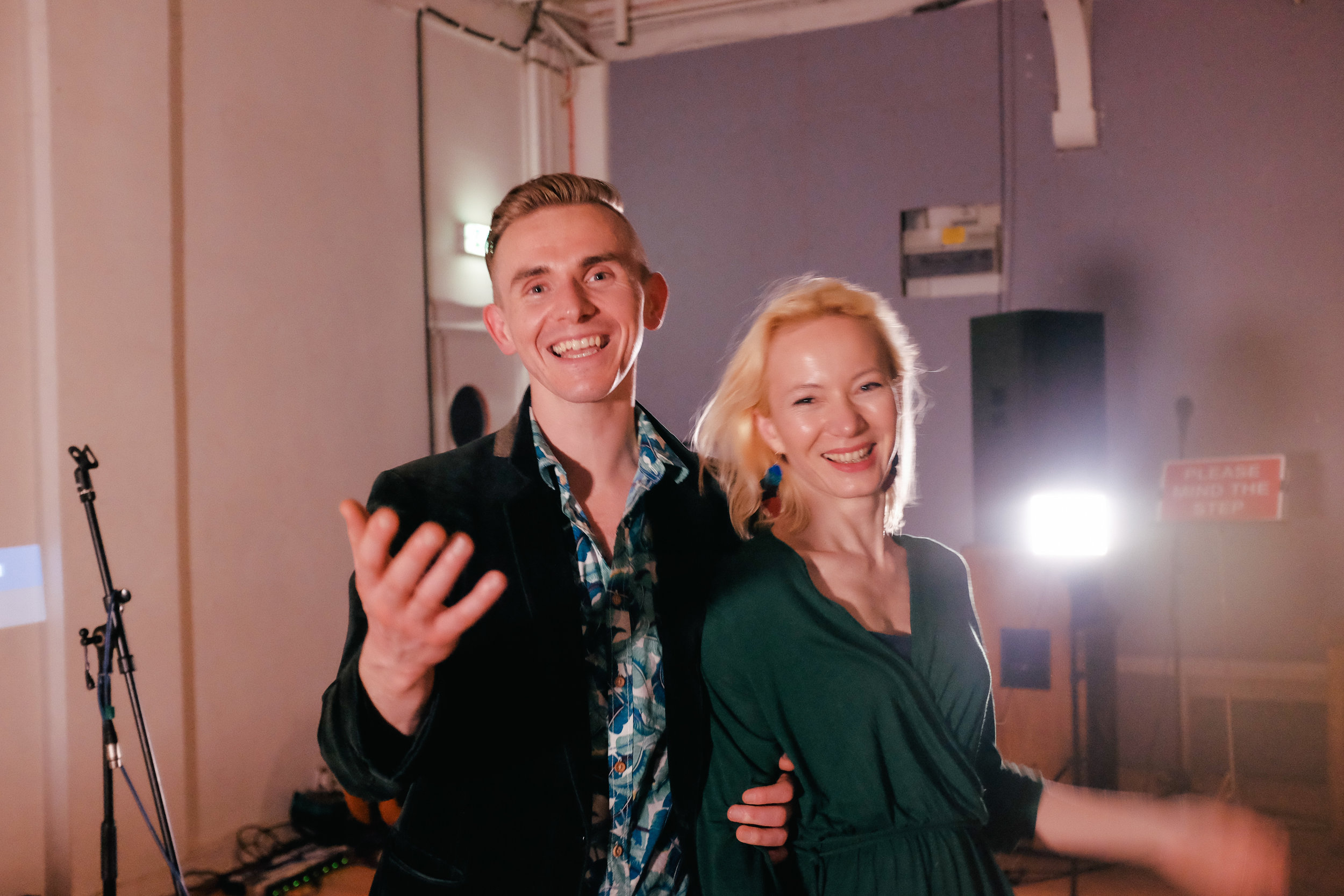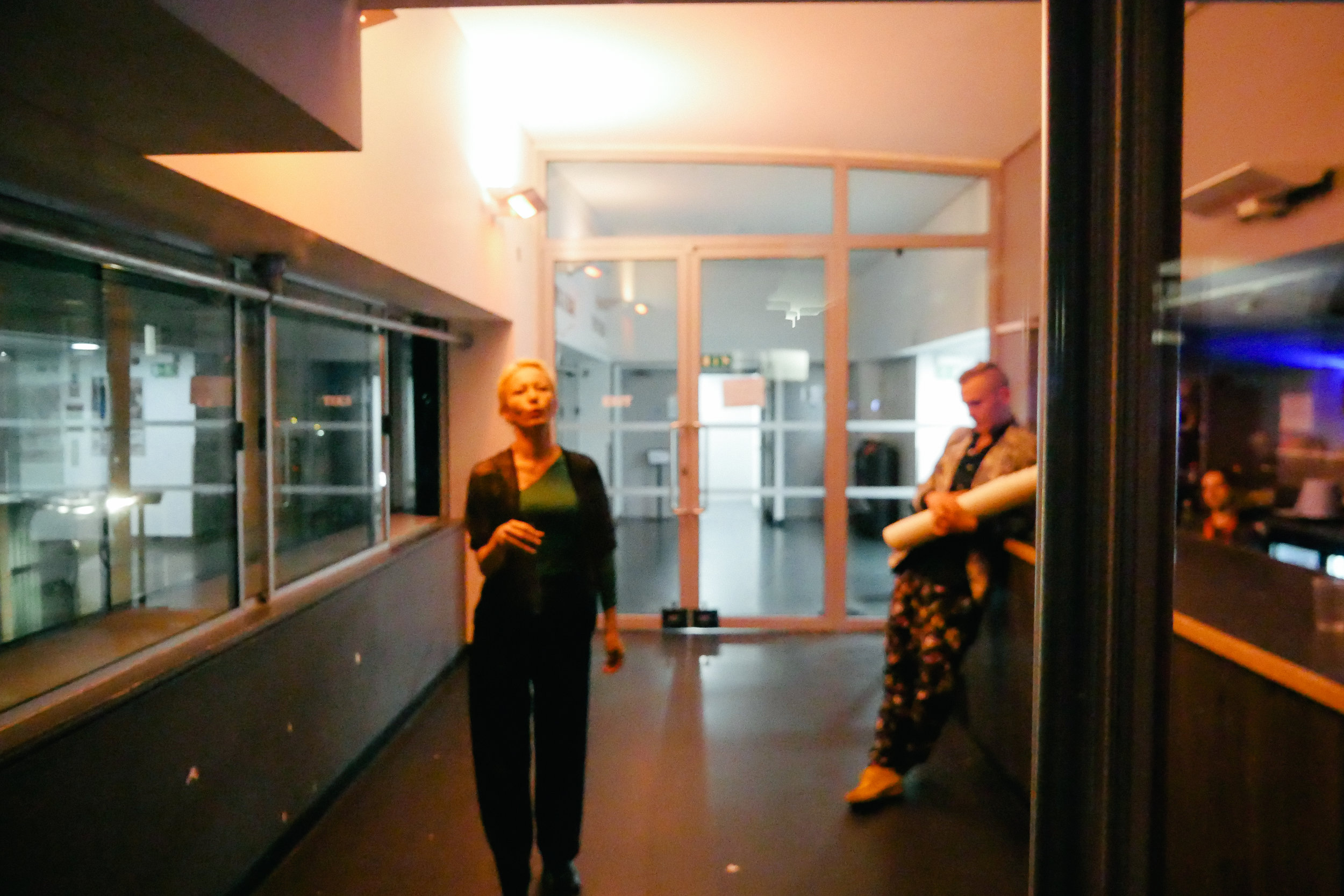The Maintenant series was an enormously important stage in my autodidactic education in poetry. It not only opened up to me the extraordinary potential of contemporary European poetry in the 21st century, it gave me the chance to learn through direct contact with the poets I approached. Many became close friends, and still to this day educate me on the possibilities of my own work.
The first series of Maintenant run for 98 issues on 3am magazine. I left 99 and 100 free and empty in homage to two poets who were completing interviews at the time of their death, Anselm Hollo and Tomaz Salamun.
I have started the series up again, though it will run quietly and infrequently, on Versopolis - the European Review of Poetry, Books and Culture, and have begun the new century with the incomparable Maja Jantar.
f we are to be able to create a discourse about European cultural and artistic traditions, practices we can speculate upon, historicise, and draw inspiration from, while avoiding nationalism, we eventually have to settle on something concrete to not lose ourselves to amorphousness. We need to think regionally, or perhaps equally banal though it might be, continentally. We have more reason to do this in 2019, being in Europe. What then, with poetry, might we consider European? Again in a reductive way, we might speak of a poet who speaks numerous languages but often performs in none, or all, depending on one’s perspective. We might speak of a poet who has lived in a dozen European nations, who crosses borders with her work as much as her person. We might speak of the best of European tradition being the ability to be critically minded but generous in action, being able to incorporate all that is decidedly not poetry (be that mark or fragment or gesture or other artforms, music, theatre, performance and visual art most distinctly, in this case) in order to make works more poetic than most can conceive. We are left with a poet like Maja Jantar, who for the past generation, has been performing, singing, fashioning and building her poetries across the continent, constantly shifting, reforming, transforming and collaborating, to the point where she now stands for a 21stcentury poetic tradition. One that is sensitive to the real material of poetry, a poetry that knows its past to be future facing. In the first interview of the Maintenant series second act, conversation #101, we present Maja Jantar. https://www.versopolis.com/people/conversation/763/i-ve-always-believed-in-a-very-open-meaning-of-the-word-poetic



